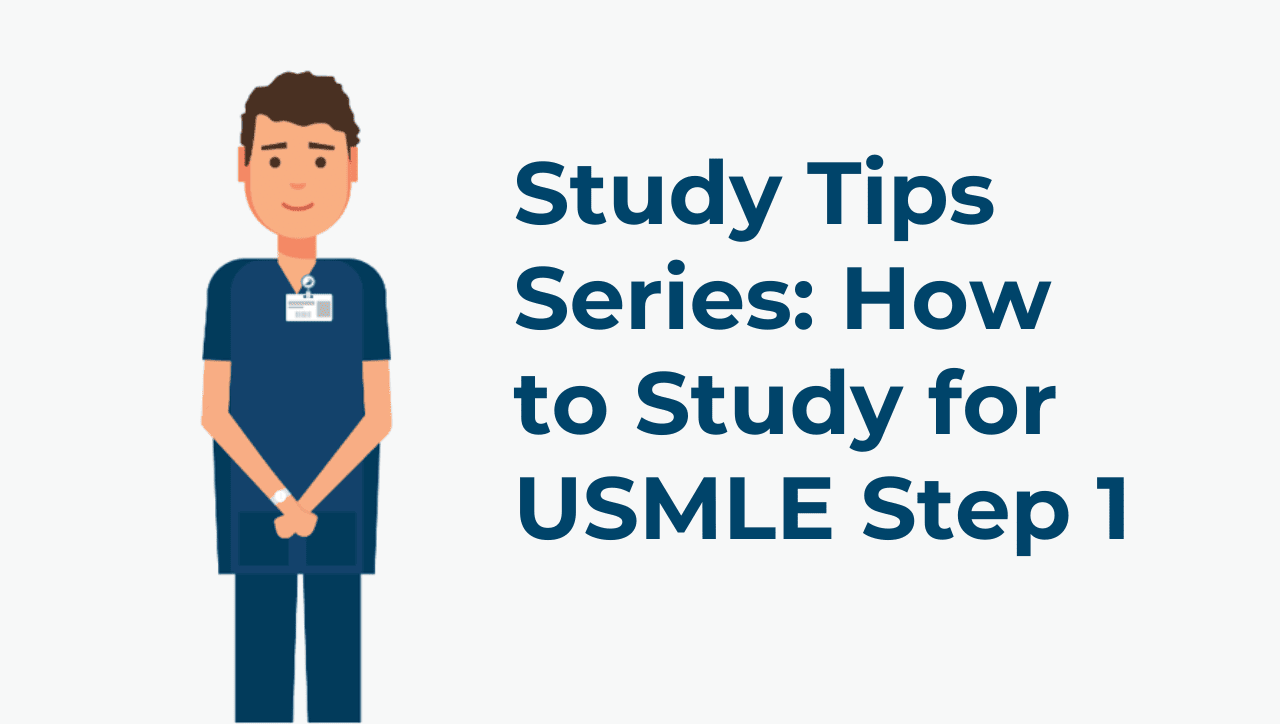How to Increase Your Chances of a Residency Match
Every medical student in the country, regardless of their level of training, can take steps today that will maximize their changes for matching into the specialty and residency program of their choice. We’ll be focusing on ways that first and second-year students can get a jump on the process.

Matching into residency is the end-game for every medical student. It’s a challenging, highly-strategic, and expensive process that requires extensive planning and effort. At the end of the day, not everyone will succeed, and many who do succeed will end up settling for specialties and residency programs they would have never expected.
Preparing for The Match is unlike any other job application process. There is no handshake or negotiation involved. In fact, it’s intentionally designed to be mechanical to promote fairness and opportunity for everyone involved. Anyone who has gone through the process can relate to the gamut of emotions that come along with the process, ranging from periods of vast uncertainty to moments of fist-pumping jubilation. And if you haven’t experienced these emotions yet, don’t worry, you will.
Start Preparing for Match Today
Fortunately, there is a ton of data released by the National Residency Matching Program (NRMP) and related organizations that can be leveraged to create a winning strategy. One of the most referenced documents used by medical students to gain insight into factors programs look for in candidates is the “NRMP Program Director Survey,” which is released every two years by program directors, and it cites the importance of various factors considered for ranking candidates.
Too often, however, medical students wait until they are well into their MS3 year to even begin thinking about how they are are going to be effective in The Match.
Regardless of your level of training, there are steps you can take TODAY to better your chances of matching into the specialty and residency program of your choice. Here are some tips we recommend to first and second-year students to maximize their chances for success down the road.
Advice for 1st-Year Med Students
If you are in your first year of med school, it’s likely you are spending most of your hours in the library just trying to survive. Medical school is hard enough, let alone having to worry about hurdles that lie ahead down the road.
And while there are some steps you can take now to become informed early in the process, it goes without saying the single most important factor at this stage is simply doing well in your courses and establishing a solid foundation of basic science knowledge.
But…as your courses wind down and you enter into what will likely be your last summer away from the classroom, here are some things you might want to consider as you sit by the pool.
- Learn how effective you are at learning. If your class rank is high, it’s likely you already have established effective learning behaviors. If you have difficulty articulating them or believe you have room for improvement, take some time and read Making it stick: The Science of Successful Learning. It will give insight into evidence-based learning principles.
- Learn as much as you can ABOUT the USMLE Step 1 as possible. Students often start preparing for Step 1 early without ever taking the time to understand the exam. Focus on becoming test-wise. What does the USMLE Blueprint look like? What is the scoring range? What do these scores mean? How many questions are on the exam?
- Build out a timeline of the major milestones you will encounter over the four years of medical school. Know what these milestones are and why they are important. This can help you gain perspective on the big picture.
Advice for 2nd-Year Med Students
The second year of medical school is arguably one of the most challenging. Getting through normal coursework is one thing, but finding time to simultaneously study for Step 1 is a whole new ballgame. Here are some tips that can help you gain an edge for The Match.
- Figure out which specialty is a good fit for you. Having a good understanding of how your personality and profile fit with different types of specialties will allow you to set your goals accordingly. For example, if you are a student whose class rank is in the upper quintile and you want to match into orthopedics, you’ll want to score above a 240 to maximize your chance of getting interviews. It’s still early at this point to know exactly what specialty you might want to do, but there are advantages to getting a general idea. Although it’s challenging to really know what specialty you will ultimately want to pursue since this will likely change when you start rotations, there are some advantages to identifying areas of interest as soon as possible.
- Realize your USMLE Step 1 score will be the most important factor in getting an interview, but not for matching. Most programs have a cut score where they draw the line for offering interviews to candidates. Oftentimes if you can get in the door and meet the threshold, you can then use your interview skills to help you match. The top factors for getting an interview are NOT the most important factors for getting ranked. Your interpersonal skills, interactions with faculty and staff during your interview, and peer reviews will all carry as much weight, if not more, than your Step 1 score once you reach the interview.
- Find a mentor and cultivate a network around you. One of the most important efforts you can make is building a network of mentors around you. These can consist of classmates, professors, and students in classes ahead of you. If you can find students in the immediate class ahead of you that have similar specialty preferences, they can help to guide you in the years ahead as you approach The Match. Few students take advantage of this opportunity, and the effort can pay off greatly. Best of all, it won’t cost you a single penny. Most students and residents love to serve in mentor roles, and you will have the opportunity to do the same for the class below you. When strategizing for The Match, there are a lot of judgment calls to make and the stronger your network, the higher the chance that you will get the right advice when you need it most.
Prepare for Match Day
At the end of the day, the most important action you can take in the first two years of medical school is to simply be the best student possible. Although it is easy to focus on USMLE Step 1, since it may lie ahead in your immediate future, remember the end game is The Match. The more knowledgeable you can become about the process, the better prepared you’ll be to execute when the time comes.
In the meantime, if you have any questions about USMLE Step 1 preparation, we invite you to check out our USMLE question bank.


